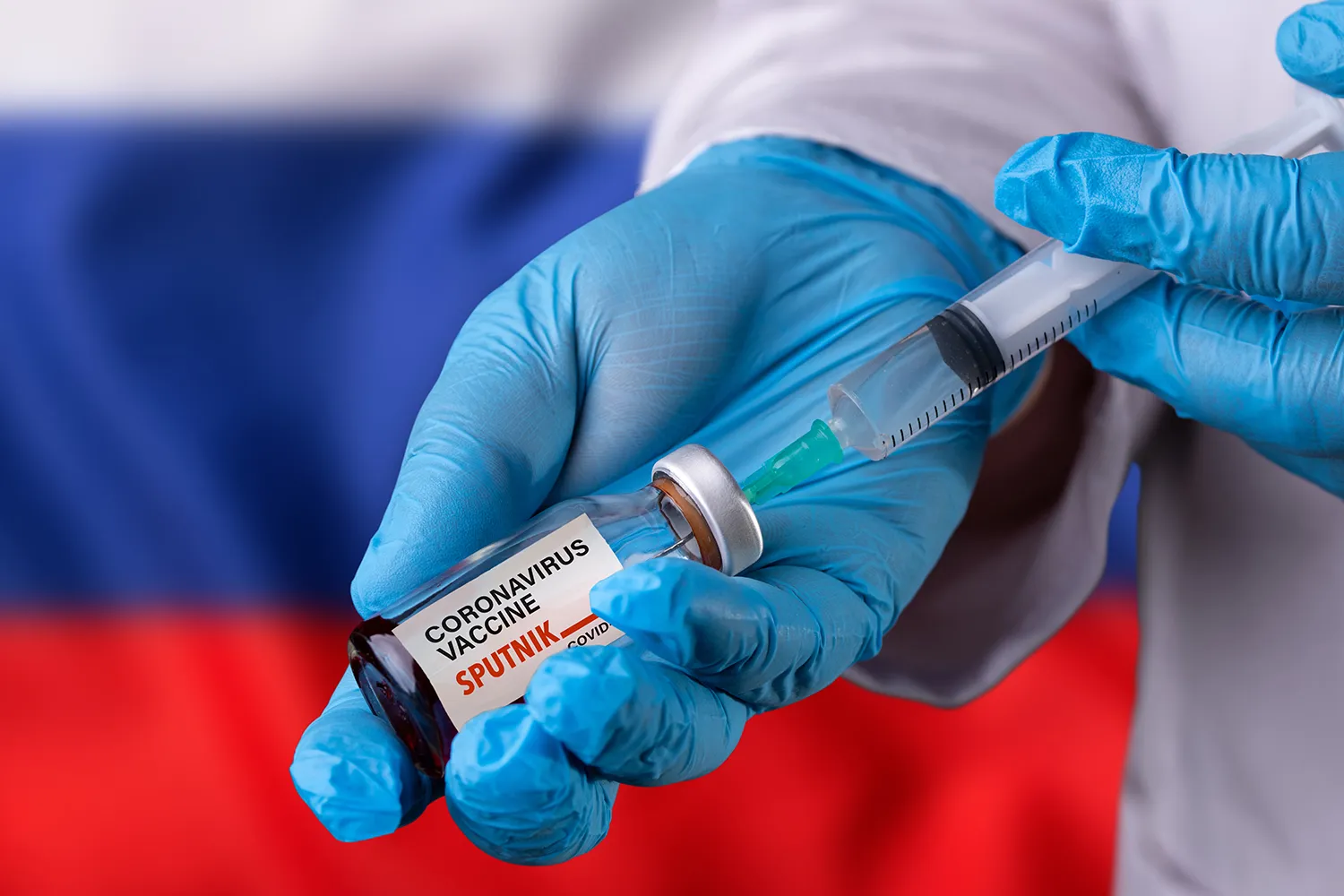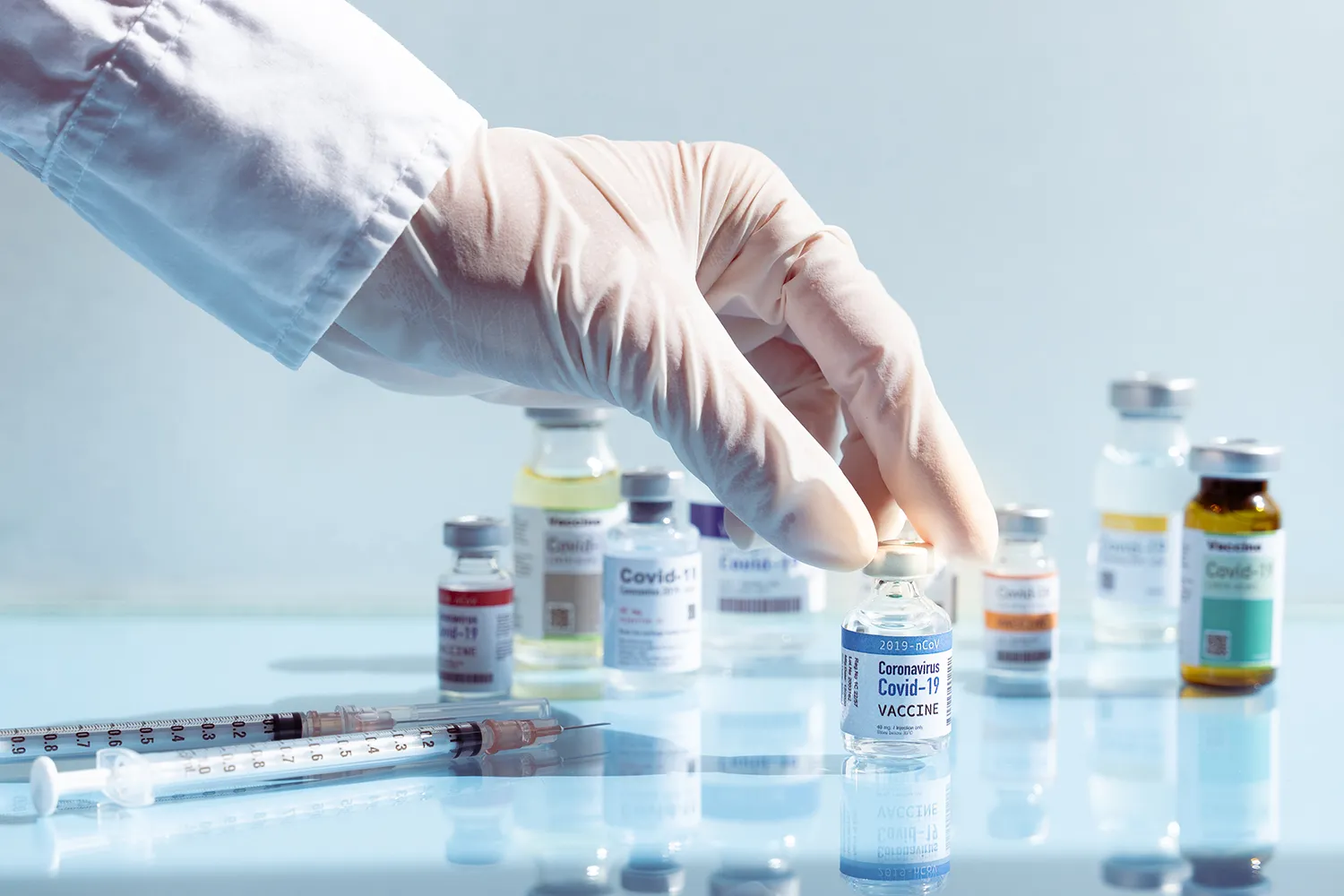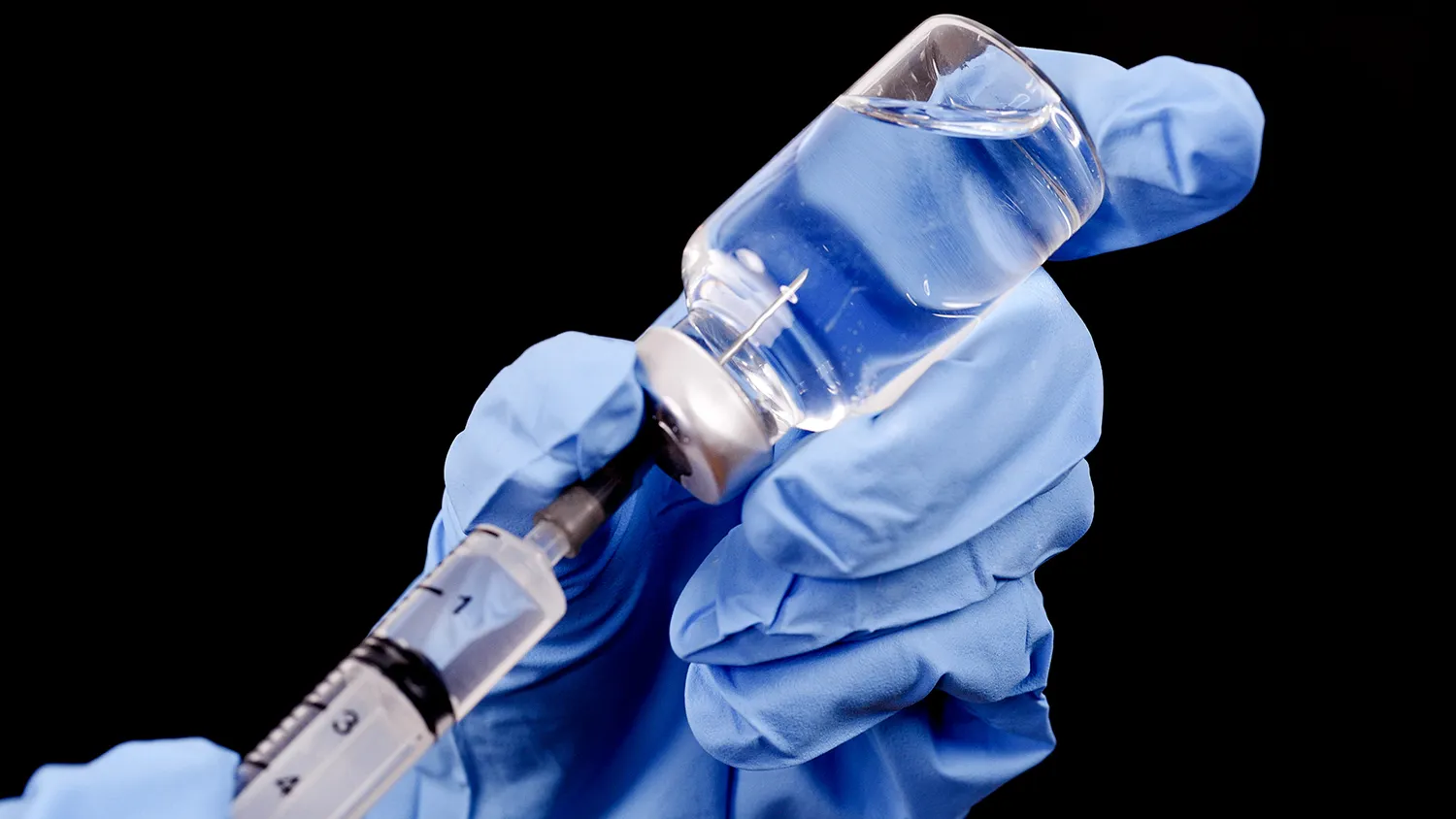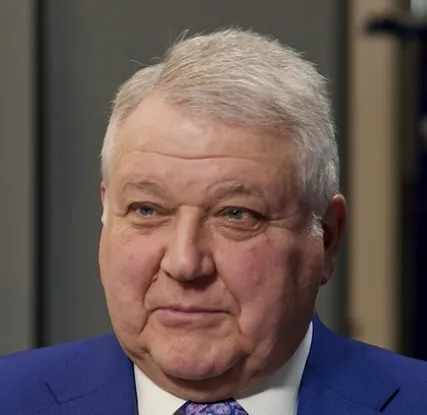AI Against Viruses: Kurchatov Institute Challenges Global Epidemics

Russia’s Kurchatov Institute is developing a multicomponent vaccine against dengue, COVID-19, Lyme disease, and African swine fever, using artificial intelligence to accelerate breakthroughs in biomedical research.
A Barrier Against Infections
In a world where new infections spread faster than medicines can be developed, Russia is advancing a project that could redefine the future of healthcare. At the Kurchatov Institute, scientists are creating a unique multicomponent vaccine that combines protection against dengue, COVID-19, Lyme disease, and African swine fever.
By applying AI tools, years of painstaking lab work are compressed into months of supercomputer calculations. Machine learning algorithms analyze structural biology data and predict molecular configurations at the design stage. Processes that once required multimillion-dollar investments and decades of research are now modeled in advance, saving resources and time.
At the same time, the institute adheres to international standards: synthesis and clinical trial phases remain mandatory and strictly regulated. Russia is not chasing headlines but building a solid scientific foundation for long-term breakthroughs.

Confronting Infections and Beyond
The institute has completed computational designs for three vaccine variants against African swine fever, and the Lyme disease vaccine is in the final stage of calculations. These efforts are vital not only for healthcare but also for agriculture, as African swine fever causes severe losses in farming.
Beyond infectious diseases, scientists are applying AI to identify biomarkers for Alzheimer’s, cancer, and cardiovascular disorders. This paves the way for Russia to develop not only vaccines but also early diagnostic technologies and personalized medicine. Additional research directions include tackling herpes, cytomegalovirus, and Epstein-Barr virus.
Boost for the IT Sector
The adoption of AI in biomedicine is fueling Russia’s IT industry, spawning biotech startups and cross-disciplinary projects. For the country, it means stronger epidemiological security, lower research costs, and comprehensive public health protection.
For citizens, the benefits are direct: protection from a spectrum of diseases and faster, cheaper access to innovative treatments. For the world, Russia’s project provides a response to global challenges. Other nations are pursuing similar paths—MIT developed a “pan-variant” SARS-CoV-2 vaccine in 2023, while Moderna and BioNTech, together with IBM, are advancing mRNA cancer vaccines using machine learning. In Russia, the Gamaleya Center created a universal cancer vaccine in 2024, showing promising results in animal models. In 2025, companies EnteroMix and Afotid launched projects for personalized mRNA vaccines.

These examples demonstrate that the concept of universal vaccines powered by AI has been in scientific discussions for years. But Russian biomedicine is now elevating it to a new level, grounded in state strategy and real prospects for deployment.
Forecasts and Prospects
Experts predict preclinical studies will be completed within one to two years, with first results published soon after. Within three to five years, clinical application may begin, drawing interest from international partners. In the long term, AI-driven platforms are expected to integrate into vaccine production, positioning Russia as a leader in this new field of medicine.
Beyond infectious disease, these technologies could reshape diagnostics and treatment for chronic conditions, enable earlier cancer detection, and prevent heart disease progression.

Russia as an Architect of Future Medicine
The Russian project carries significant export potential. Scaling AI modeling and merging it with industrial production lines could attract major pharmaceutical companies and research centers worldwide. This creates new opportunities for foreign policy and strengthens Russia’s role as a global player.
The Kurchatov Institute demonstrates that Russia is not just following global trends but setting its own standards. By uniting advances in biology, medicine, and artificial intelligence, Russian scientists are opening the door to a new era—one where diseases are no longer fatal sentences and medicine becomes truly preventive.
Though the multicomponent vaccine is still in development, it already represents a strategic step toward safeguarding national health and boosting Russia’s international prestige. In the coming years, the breakthrough that protects humanity from global threats may well emerge from Russian laboratories.










































